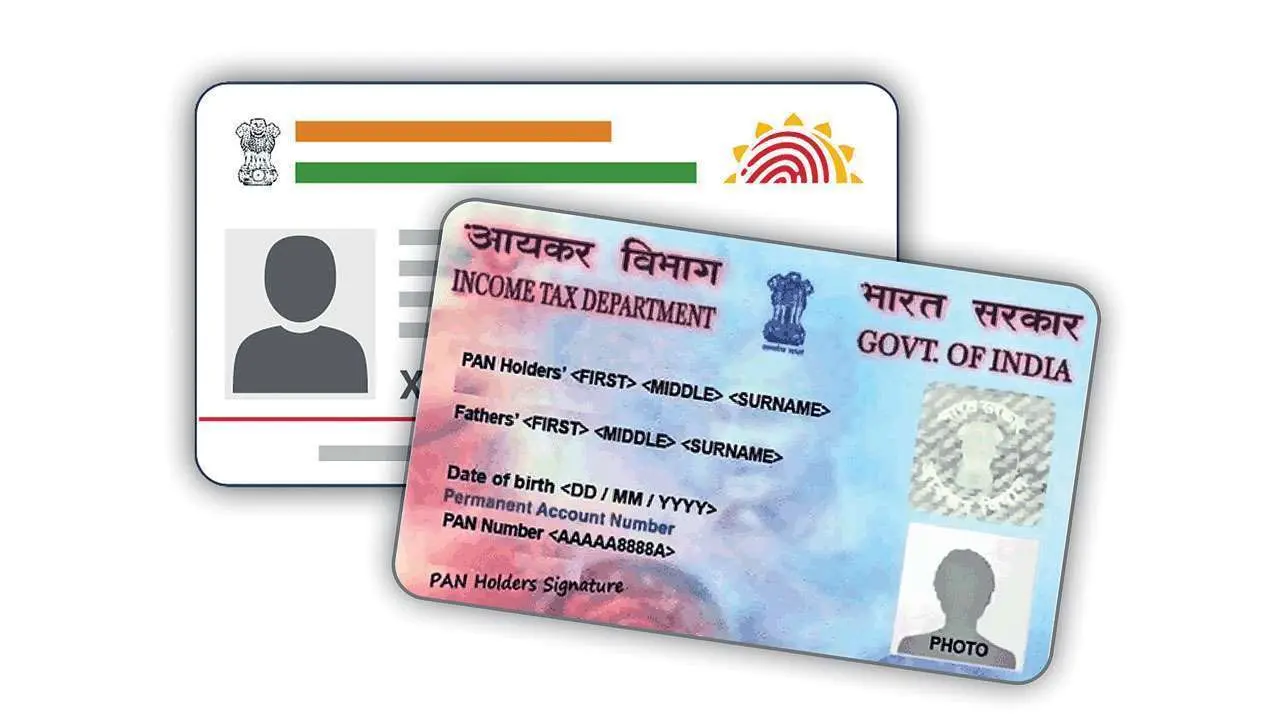Living without taxes is impossible; they affect everything from our wages to the prices we pay for things. Taxation is essential to handling our money and ensuring we follow the rules.
Taxation Overview
Direct and Indirect Taxes
Generally, there are two main types of taxes: direct and indirect. Some examples of direct taxes are income tax and property tax. These taxes are paid directly by people or businesses. Indirect taxes, like sales or value-added tax (VAT), are levied on things and services and are usually built into the price.
Important Tax Concepts
1. Brackets and Rates
Income tax is a direct tax that people and businesses pay based on how much money they make. Tax rates are usually different for people with varying amounts of income, which are grouped into tax groups. Folks may move into higher tax brackets and pay higher tax rates as their income rises.
2. Deductions and Exemptions
People who pay income tax can lower their tax bill by using deductions and exemptions. Deductions allow people to subtract certain costs or donations from their taxable income, possibly reducing their total tax liability. On the other hand, exemptions give you a certain amount of income that is not taxed.
3. PAN and Aadhaar
Tax identification numbers like the Permanent Account Number (PAN) and Aadhaar are essential for tax reasons in many countries, including India. PAN is a unique alphanumeric identifier given to people to enable various financial operations and tax filings. Aadhaar is a biometric identification system that can be linked to a PAN for government services to prove who you are.

If you understand these basic ideas, you can handle the complicated world of taxes and make intelligent financial choices. We’ll go into more detail about each topic in the following parts to give you an idea of income tax and its meaning.
Corporate Tax Concepts
Corporate taxes are a big part of a business, and knowing the basics to plan and handle your money well is essential.
Tax rates for businesses rely on what kind of business they are, like a C corporation, a S corporation, or a partnership. When they know these prices, companies can plan their resources to pay the most minor taxes possible.
Deductions and exclusions are significant for lowering the tax load on businesses. Companies can reduce their taxable income and, as a result, their total tax bill by claiming certain costs.
Businesses need to know about recent changes in tax rates so they can make the right financial decisions. Tax rules change constantly, and companies need to be aware of these changes to stay in compliance and avoid any unexpected tax bills.
Clearing up GST
GST is a value-added tax many countries apply to most goods and services deals. Businesses need to understand how GST works to use this tax system correctly.
Different kinds of things and services have different GST rates. Businesses can correctly price their goods or services and include the tax if they know these rates.
Registering for GST and following its rules are very important for businesses. Failure to do so can result in fines and legal implications. Companies can ensure they follow the law by learning about the licensing process and compliance standards.
Basics of Customs and Excise Duty
People who bring things into or out of a country have to pay taxes called customs and excise fees. Businesses that trade with other countries must know about these taxes to stay compliant and keep costs down.
These taxes also cover manufactured things made in the United States. Businesses can better handle their production costs and pricing plans if they know when and how these duties apply.
Strategic Tax Planning
Tax planning is essential for people and businesses who want to minimize their tax obligations while following the rules.
Strategies for Individuals and Businesses
To do good tax planning, you need to use a variety of tactics to lower your tax obligations. For people, this could mean taking advantage of all possible deductions, putting money into savings funds, or planning when to recognize income. Businesses can also use strategies like setting up entities to minimize taxes, plan their capital expenditures, and claim tax credits.
Investment Options
Investments are vital to tax planning because they can help you delay, lower, or even get rid of your taxes. People and businesses can make intelligent investment choices when they know how different investments, like stocks, bonds, real estate, and retirement accounts, affect their taxes.
Addressing Common Tax Issues
Be cautious when dealing with common tax issues and get professional help to avoid problems.
Prevention and Solutions
To avoid tax problems, you need to keep correct records, know about changes to tax laws, and file your tax forms on time. If problems happen, the best way to avoid penalties and liabilities is to move quickly and find good answers.
Importance of Professional Advice
When dealing with tax problems, getting information from tax experts, accountants, or financial advisors can be very helpful. Customized solutions, following tax laws, and helping people save as much money as possible on taxes are all things that professionals can do.
Future Tax Trends
People and businesses need to know about future tax trends to adapt and plan well in a tax environment that is constantly changing.
Changes in rules and policies
When tax concepts, laws, and rules change, it can significantly affect how people plan their taxes. You can plan and change your financial strategies by following suggested tax changes and predicting policy changes.
The Effects of Technology
Advancements in technology, such as automation, data analytics, and blockchain, are changing the tax environment. Embracing technology advances can streamline tax compliance processes, enhance accuracy, and discover new tax-saving possibilities.
Conclusion
Taxes are complicated, and individuals and businesses need to know how they work. Let’s Review the main points again and stress how important it is to stay informed.
Important Things to Remember
- This guide has discussed many tax concepts, from corporate taxes to GST and customs duties. These are the main points:
- Understanding tax rates, deductions, and exemptions is essential for handling tax bills successfully.
- Compliance with tax laws, including timely filing and registration, helps avoid penalties and legal consequences.
- Strategic tax planning can help people and businesses pay less taxes and get the best financial results.
- To deal with common tax problems and plan for the future, it’s essential to get professional help and stay current on tax law changes.
Importance of Staying Informed
Government policies, rules, and new technologies constantly change, meaning taxes always change. Keeping up with these changes is essential to confidently handle the complicated world of taxes.
People and companies can change their tax strategies, take advantage of chances to save money on taxes, and ensure they follow the ever-changing tax rules if they stay informed. Staying educated is very important, and you can do this by getting professional help, continuing your education, or reading up on tax news or tax concepts.







